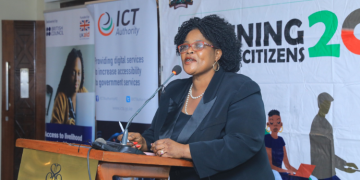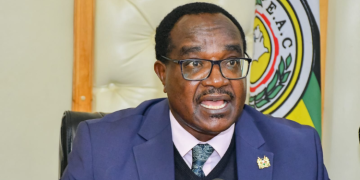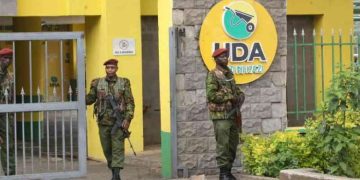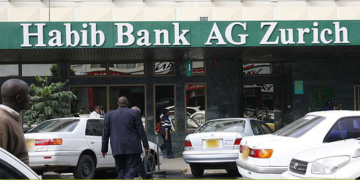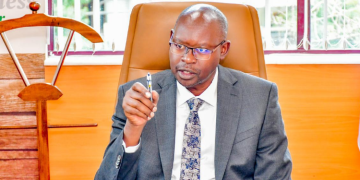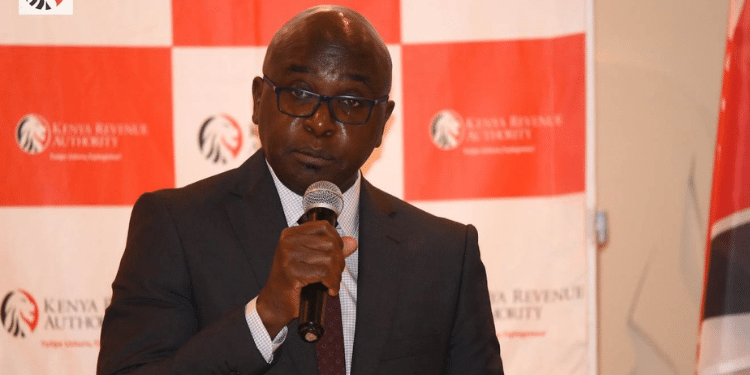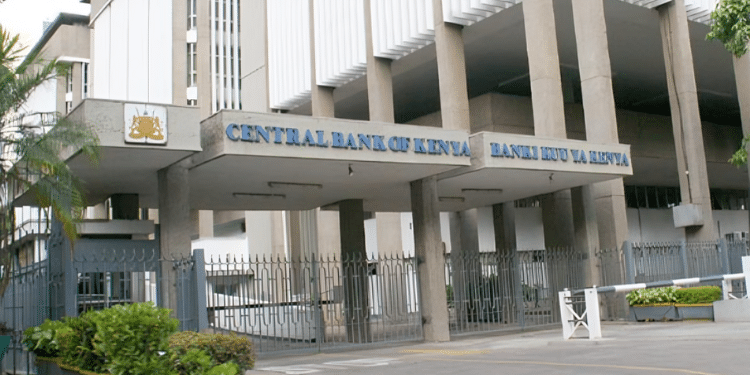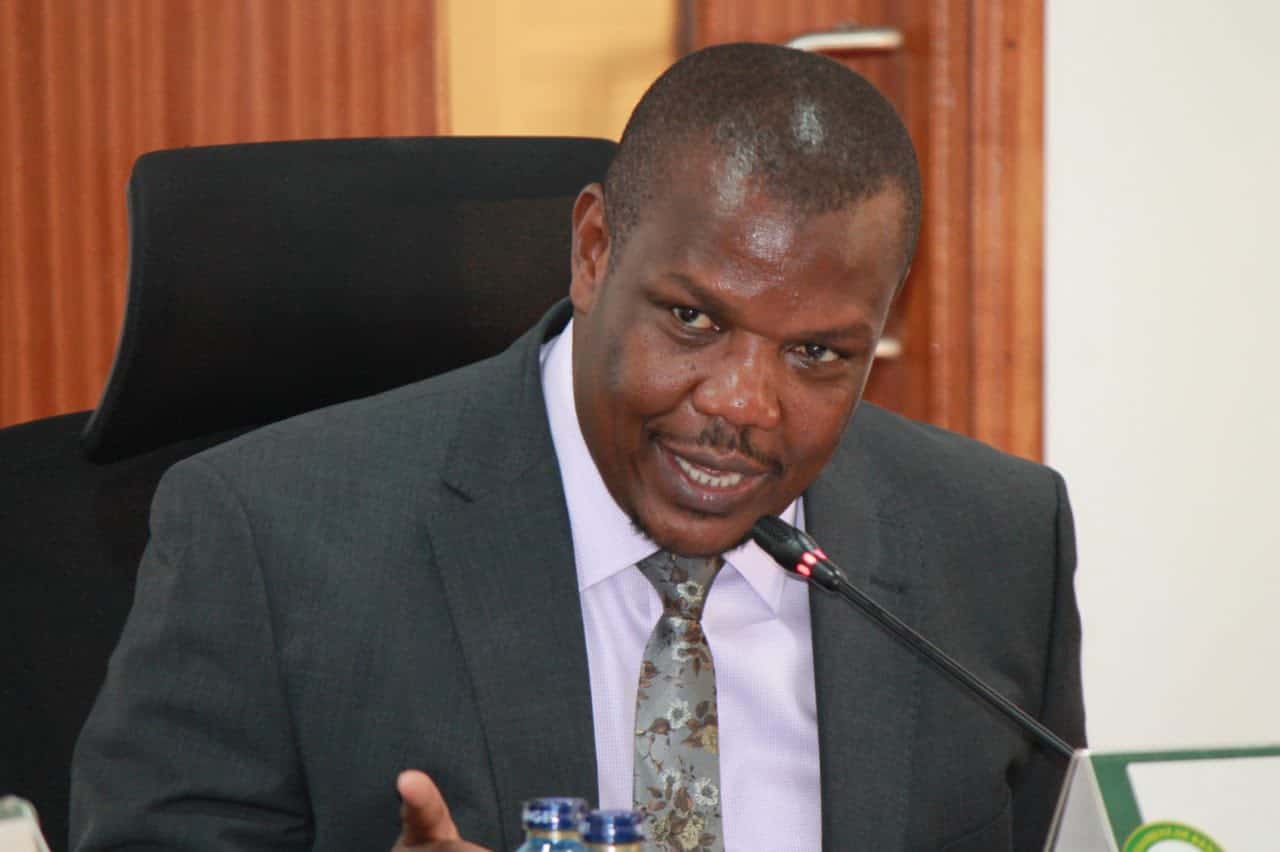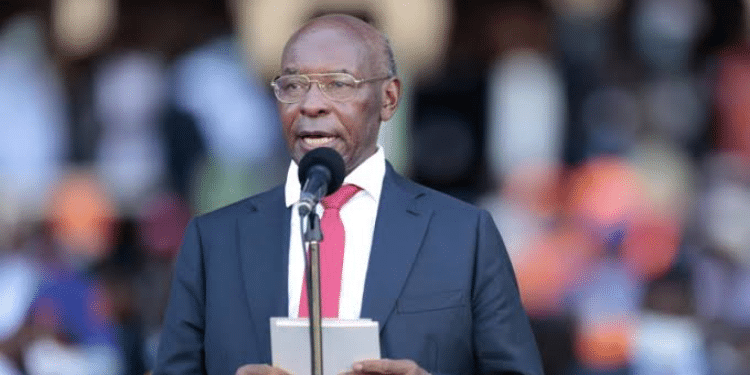Royal Media Services (RMS) founder and owner Dr. S.K. Macharia has alleged that the 2007 general elections were marred with irregularities while disputing the process that led to the declaration of former President Mwai Kibaki as the winner.
Macharia was speaking during the burial ceremony of veteran pilot James Nguyo Gitahi in Machakos on Saturday, March 15, attended by former Prime Minister Raila Odinga.
The RMS owner revealed that they had an agreement with the late Gitahi, his close friend, that one of them would reveal the information regarding the 2007 general elections.
He alleged that Odinga had won the elections with close to 1.8 million votes.
SK Macharia reveals intrigues of 2007 elections
Macharia further claimed that all returning officers in the Mt Kenya region were picked and held at an undisclosed location where they were “forced to change the figures in favor of Kibaki”.
“When Raila Odinga and the current President Ruto ran against Kibaki in 2007, Kibaki won, but we had complete data that it is Raila who had won the election. Our data was showing that Raila had won with 1.8 million votes,” Macharia said.
“I was picked from my house at night and all the returning officers in the Mt Kenya region were held somewhere, with their return forms taken. I was taken to my office where I found some people who I am not going to mention. All those figures were changed and Kibaki won.”
Also Read: Kalonzo Describes Ruto’s New Plan for Election Rigging
He also said that Gitahi’s wife nominated Senator Betty Montet was tasked to make sure that he was “well fed” during the campaigns.
Campaigning for Jaramogi
At the same time, Dr. S.K. Macharia revealed that he started campaigning for Presidential candidates in 1992 when he campaigned for the late Jaramogi Oginga Odinga.
The RMS owner said that he had a rough time when he toured the Mt. Kenya region as he was not campaigning for his fellow tribesmen Kenneth Matiba who was also contesting.
“As a Kikuyu, because Matiba was also a candidate, anytime I went to that side of the country they would block roads, and I would be told that there is a Kikuyu who is not campaigning for Matiba but campaigning for Oginga Odinga. But when I get to the roadblocks, they would allow me to go through when they knew it was S.K,” he added.

In the 2002 elections, he said that it was an easier election for former President Mwai Kibaki as he had Raila Odinga on his side.
Also Read: SK Macharia Reveals Details of His Meeting with Cherera 4 in 2022
Following announcement of the 2007 presidential election results on December 30 that year, violence broke out in several places across Kenya amid claims that the defunct Electoral Commission of Kenya (ECK) had rigged the election.
Protests continued for several weeks, bringing death and destruction to thousands of Kenyans.
An African Union-sponsored Panel of Eminent African Personalities led by former United Nations Secretary General Kofi Annan brokered a settlement which heralded a government of national unity between the main political parties and a common commitment to urgent constitutional reform.
Report of the Independent Review Commission on the 2007 general elections
The settlement included the appointment of two commissions, one to examine the violence and the other, the Independent Review Commission (IREC), to examine the December 2007 Kenyan elections from various perspectives.
Main findings of the commission were that Kenya’s constitutional and legal framework relating to elections contained a number of weaknesses and inconsistencies that weakened its effectiveness.
“This legislation needs urgent and radical revision, including consolidation. The electoral management process as a whole needs revision. During the preparation and conduct of the 2007 elections the ECK lacked the necessary independence, capacity and functionality because of weaknesses in its organizational structure, composition, and management systems,” read part of the report.
The commission also found that the institutional legitimacy of the ECK and public confidence in the professional credibility of its commissioners and staff were impaired.
The report also noted that ECK lacked functional efficiency, adding that it was incapable of properly discharging its mandate.
“The conduct of the electoral process was hampered, and the electoral environment was polluted by the conduct of many public participants, especially political parties and the media,” the report adds.
ECK was later disbanded by the 10th Parliament in 2008 and replaced with the Interim Independent Electoral Commission of Kenya (IIEC.)
IIEC was later replaced by the Independent Electoral and Boundaries Commission (IEBC).
Follow our WhatsApp Channel and join our WhatsApp Group for real-time news updates



